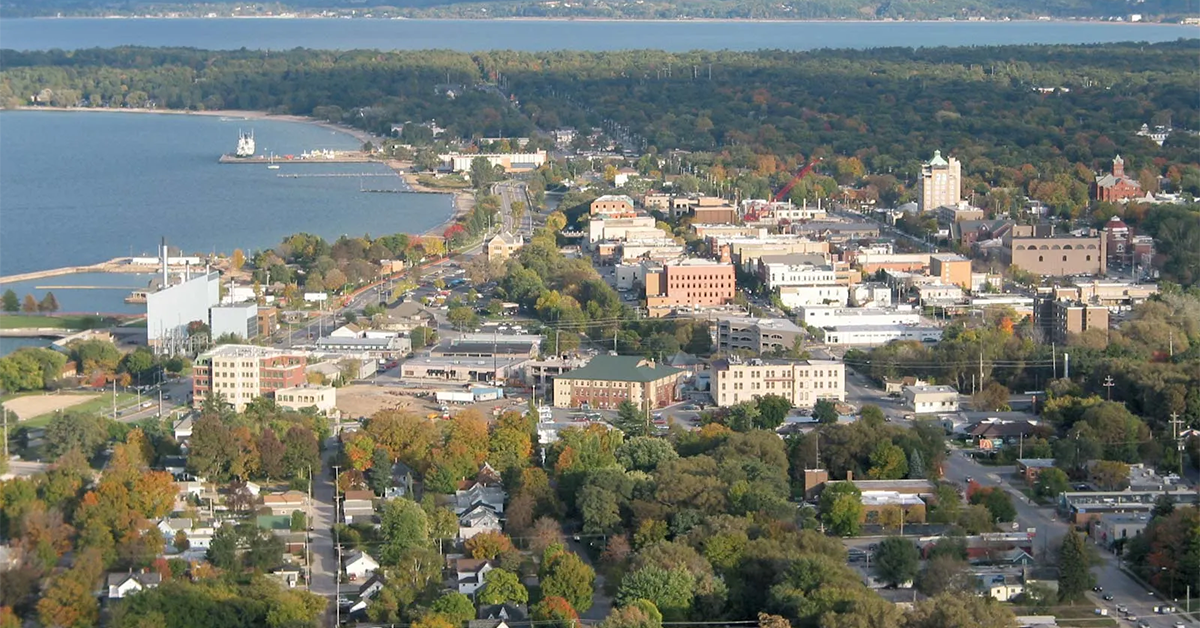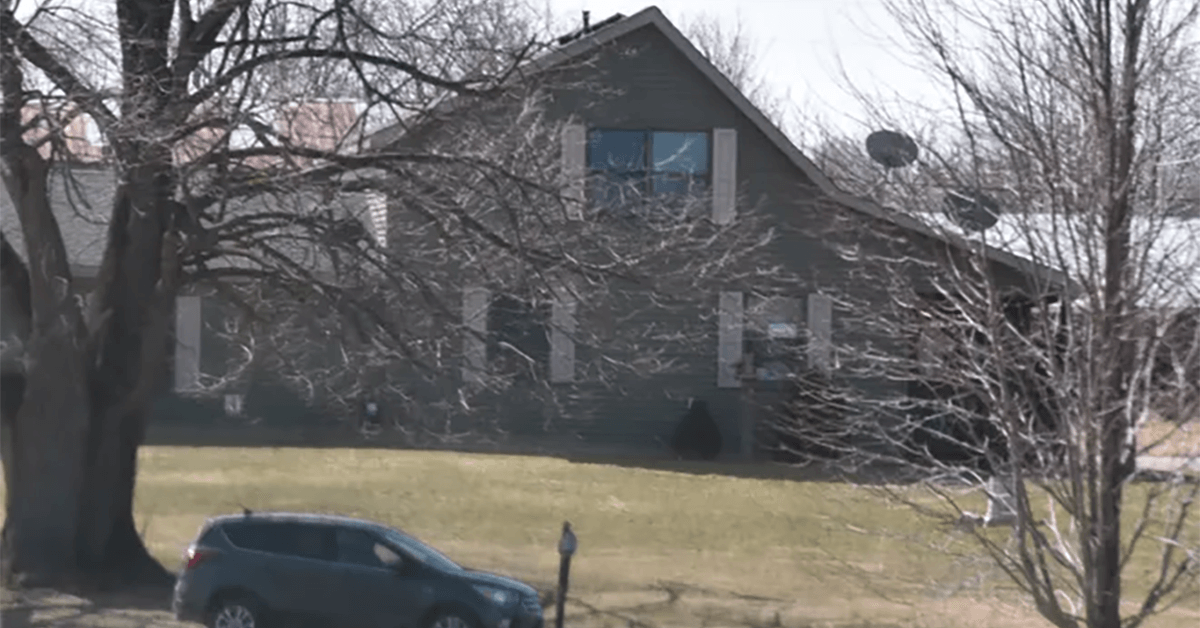Traverse City's Recreational Cannabis Industry Half a Year Later: A Flourishing Market Amid Challenges

Traverse City, known for its picturesque landscapes and vibrant tourism, ventured into the recreational cannabis market nine months ago, marking a significant shift in its economic and cultural landscape. This transition comes after a long period of anticipation, following the statewide legalization of adult-use cannabis in Michigan and a subsequent delay in the implementation of local regulations.
Initial Phase: Transition from Medical to Recreational Cannabis
The journey of Traverse City's foray into recreational cannabis began with the City's announcement of 16 approved retail marijuana dispensary licenses on March 8th. This development was a pivotal moment for the local cannabis industry, which had been eagerly awaiting such an expansion since Michigan residents voted to legalize adult-use cannabis over four years prior. The delay in establishing rules for recreational use had left the city's medical cannabis dispensaries in a state of uncertainty and financial strain.
One such dispensary, Cloud Cannabis, co-founded by John McLeod, experienced significant financial challenges during the medical-only phase. McLeod shared that his Traverse City store was operating at a loss daily, a sentiment echoed by others in the industry. Some dispensaries, like Skymint, even temporarily ceased operations in Traverse City, underscoring the difficulties faced by businesses solely reliant on medical cannabis sales.
The Revival of the Local Market with Recreational Cannabis
The introduction of recreational marijuana brought a much-needed revival to the local market. John McLeod reflects on this change, noting that although the transition didn't meet all expectations, it was in line with what could reasonably be anticipated given the prolonged journey to this point. He remarked that the initial excitement around recreational cannabis may have waned due to the delay, but the impact on sales was unmistakable. His store saw a four to fivefold increase in sales compared to the medical-only days, with customer footfall rising from a handful to over a hundred daily.
Similarly, PUFF Cannabis, led by President and Founder Justin Elias, experienced a surge in customer traffic. Elias highlights the advantage of catering to a broader customer base, with the dispensary no longer having to turn away non-medical customers. This change not only boosted sales but also kept the local consumer spending and tax dollars within Traverse City, as opposed to neighboring towns.
Economic Impact and Tax Revenue
The shift to recreational cannabis is also poised to bring significant economic benefits to both Traverse City and Grand Traverse County. In Michigan, counties and municipalities receive a considerable tax payout for each active adult-use marijuana dispensary. Michael DiLaura, General Counsel and Chief Corporate Officer for House of Dank, provided an example calculation, estimating a potential $960,000 in tax revenue from the 16 licenses in Traverse City. This represents a direct economic impact and a substantial financial injection into the local economy.
Current State of Dispensary Operations
Despite the approval of 16 dispensary licenses, not all are operational yet. Prior to the spring's adult-use opt-in, 12 of these were licensed as medical dispensaries. Currently, 11 have transitioned to recreational cannabis sales. The 12th, located at 314 Munson Avenue, has yet to open but remains licensed under new ownership, with intentions to commence operations.
Of the four new operators licensed in the spring, two have begun their operations. Verts Neighborhood Cannabis, a Colorado-based company, marked its entry into Michigan with its Traverse City store. Shortly thereafter, Lume Cannabis Co., a prominent player in Michigan's marijuana market, opened its doors in Traverse City. Lume, with nearly 40 stores statewide, views Traverse City as a crucial market and is actively integrating into the community through partnerships and strategic offerings.
Assessing Market Sustainability and Future Challenges
As Traverse City's recreational cannabis market matures, questions arise regarding its long-term sustainability. The critical issue is whether the local market can support the burgeoning number of dispensaries, which currently stands at 16.
The sentiment among business owners in the industry is largely skeptical regarding the market's capacity to sustain all active dispensaries. Justin Elias from PUFF Cannabis predicts a potential decrease in the number of dispensaries, estimating that 20-25 percent might either shut down or undergo acquisition by larger, more established companies. This perspective is shared by Doug Hellyar, President and COO of Lume Cannabis Co., who anticipates a 25-30 percent reduction in the number of dispensaries over the next two to three years. These predictions stem from observations of market saturation in other regions and the challenges inherent in maintaining profitability in a competitive landscape.
John McLeod of Cloud Cannabis points to Gaylord, Michigan, as a case study of what might transpire in Traverse City. In Gaylord, despite the issuance of over 20 licenses, only about half of the dispensaries opened, and a fraction of those have since closed. This situation illustrates the market's natural adjustment process, where the number of operational stores aligns more closely with actual demand and consumer traffic.
The Case of Skymint: A Cautionary Tale
A notable example of the challenges faced in the industry is Skymint, a Lansing-based cannabis company with a significant statewide presence, including a dispensary in Traverse City. Earlier this year, Skymint found itself in financial distress, with a creditor claiming $127 million in unpaid debts. The company entered receivership, and its assets were subsequently acquired by the creditor in an auction. The future of Skymint's Traverse City location, as well as its other stores, remains uncertain, highlighting the risks associated with rapid expansion and high debt levels in the cannabis industry.
Elias of PUFF Cannabis underscores the importance of sustainable growth in this sector. He contrasts his company's cautious expansion approach, maintaining a debt-free status and private ownership, with the aggressive growth strategies that led to financial troubles for larger entities like Skymint. Elias's approach reflects a broader industry trend towards organic growth and financial prudence, critical in ensuring long-term success in the still-evolving cannabis market.
Future Outlook: Traverse City's Cannabis Industry
As Traverse City's recreational cannabis industry continues to evolve, it is clear that the market will undergo further changes. The initial surge in sales and customer interest has provided a strong foundation, but the industry must now navigate the challenges of market saturation, financial sustainability, and community integration.
The next few years will be pivotal in shaping the trajectory of the cannabis industry in Traverse City. Operators will need to focus on differentiating themselves, building strong customer relationships, and contributing positively to the community. Additionally, the economic benefits, such as increased tax revenues and job creation, will continue to play a significant role in the region's overall economic health.
In conclusion, Traverse City's recreational cannabis industry, while still in its infancy, has shown promising growth and potential. However, as the market matures, a more sustainable and balanced approach will be essential for long-term success and community benefit.
Share this article:
Spotted a typo, grammatical error, or a factual inaccuracy? Let us know - we're committed to correcting errors swiftly and accurately!








 Helpful Links
Helpful Links